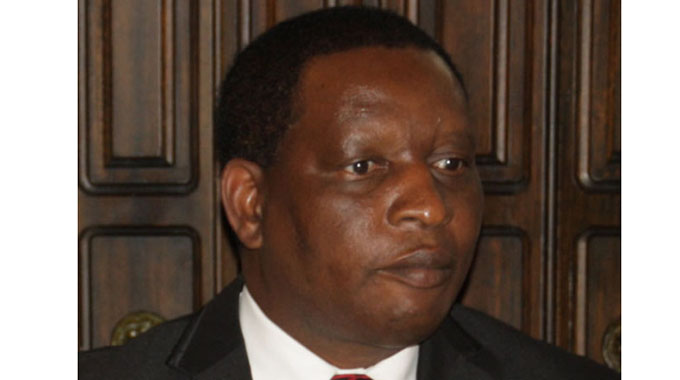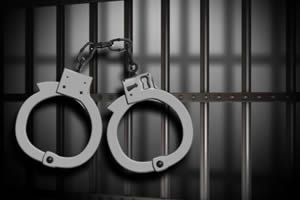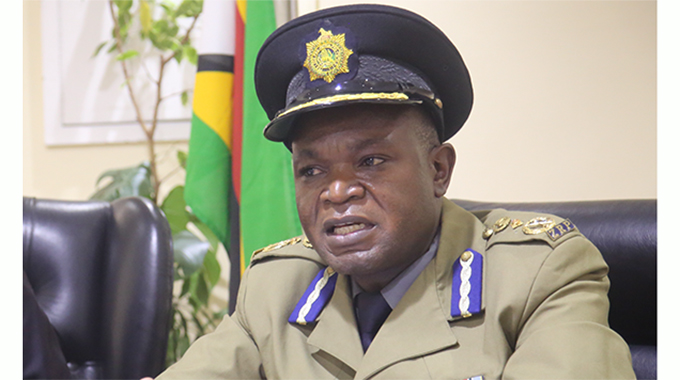Former judge Bere loses appeal

Fidelis Munyoro
Chief Court Reporter
The Supreme Court has thrown out an appeal brought by former judge Francis Bere against the recommendation by the Judicial Service Commission (JSC) that a tribunal should inquire into his capability to hold the office of a judge.
The same tribunal chaired by retired judge Justice Simbi Mubako later recommended that he be relieved of his duties for gross misconduct but during this process Bere wanted the tribunal stopped on the grounds that the JSC should not have made the recommendation and there was doubt if the acting JSC Secretary could pass on the recommendation.
He lost that action but appealed and the Supreme Court heard his appeal, taking into account the merits since the matter was now closed.
Bere, through his legal team, had asked the superior court to nullify the High Court judgment that it would not entertain a review of the JSC’s decision to recommend that the President set up a tribunal.
He had also contested the authority of the person who made the affidavit giving the JSC’s advice, Mr Walter Chikwana, then JSC acting secretary.
Though the matter was moot since Bere has already been dismissed, a three-judge bench lead by senior judge Justice Antonia Guvava decided the matter on the merits given the circumstances of the original application and still rejected the appeal.
Justice Guvava said in her judgment that the tribunal was set up to investigate his matter on all issues which related to his alleged acts of misconduct and Bere was given an opportunity to represent himself and prove his defence before the tribunal but rather it was conceded that he walked out of the tribunal hearing.
The recommendation to set up the tribunal was just that; the JSC could not under the Constitution rule on whether a judge should leave the bench and the tribunal always gave a judge under investigation the right to reply to allegations and the right to question all evidence led.
Bere’s actions of walking out of the hearing amounted to a waiver of his right to the right to be heard, said Justice Guvava writing the judgment for the court.
The JSC gave Bere adequate opportunities to make his case and likewise the tribunal gave him every opportunity to make his case but he decided to waive the right for reasons best known to himself. His right to be heard cannot be said to have been violated in the circumstances of this case.
Justice Guvava upheld a preliminary objection raised by the JSC that the matter was now moot. However, in the exercise of their discretion, the judges decided to determine the merits of the matter.
“We are of the firm view that the appeal is devoid of any merit,” she said. “The decision of the court a quo (lower court) cannot be impugned. The appeal must therefore be dismissed.”
Mr Chikwana, now the substantive secretary, had been delegated by JSC to file a sworn statement of the commission’s decision advising the President in terms of the Constitution on the question of the tribunal that could recommend removal of Justice Bere from office.
But the lawyers argued that Mr Chikwana was not one of the members of the JSC in terms of the Constitution, hence he could not represent the commission in a dispute where its performance of the constitutional obligation was being challenged.
However, the three judges unanimously agreed with the view of High Court judge Justice Benjamin Chikowero that passing on the JSC advice to the President was invalid. He ruled that it was the JSC itself that was the legal litigant, and not some authorised person acting in its name, and so the commission was properly before the court.
The court also agreed with Justice Chikowero’s view that Mr Chikwana, who sits in the meetings of the JSC, was able to depose of an affidavit on behalf of the commission as he was knowledgeable of what he deposed to, hence could not be on a frolic of his own.
Justice Bere was fired for interfering with a Harare lawyer involved in a matter in which he had conflict of interest.
The tribunal presented its findings and recommendations to President Mnangagwa after which the report was actioned and the decision made to sack the judge immediately.
Investigations were concluded in the absence of Justice Bere and his legal team after they walked out on the proceedings in protest over the tribunal’s refusal to have one of its members, Advocate Takawira Nzombe, recuse himself because of his alleged links to the lawyer who was a crucial witness in the inquiry.
Defence lawyers were also not happy with the extension of the tribunal’s tenure by another six months after the expiry of its initial tenure of four months.








Comments